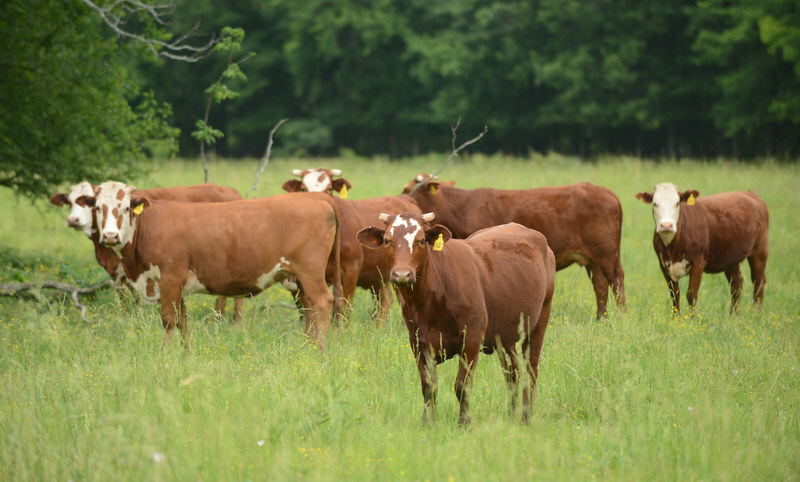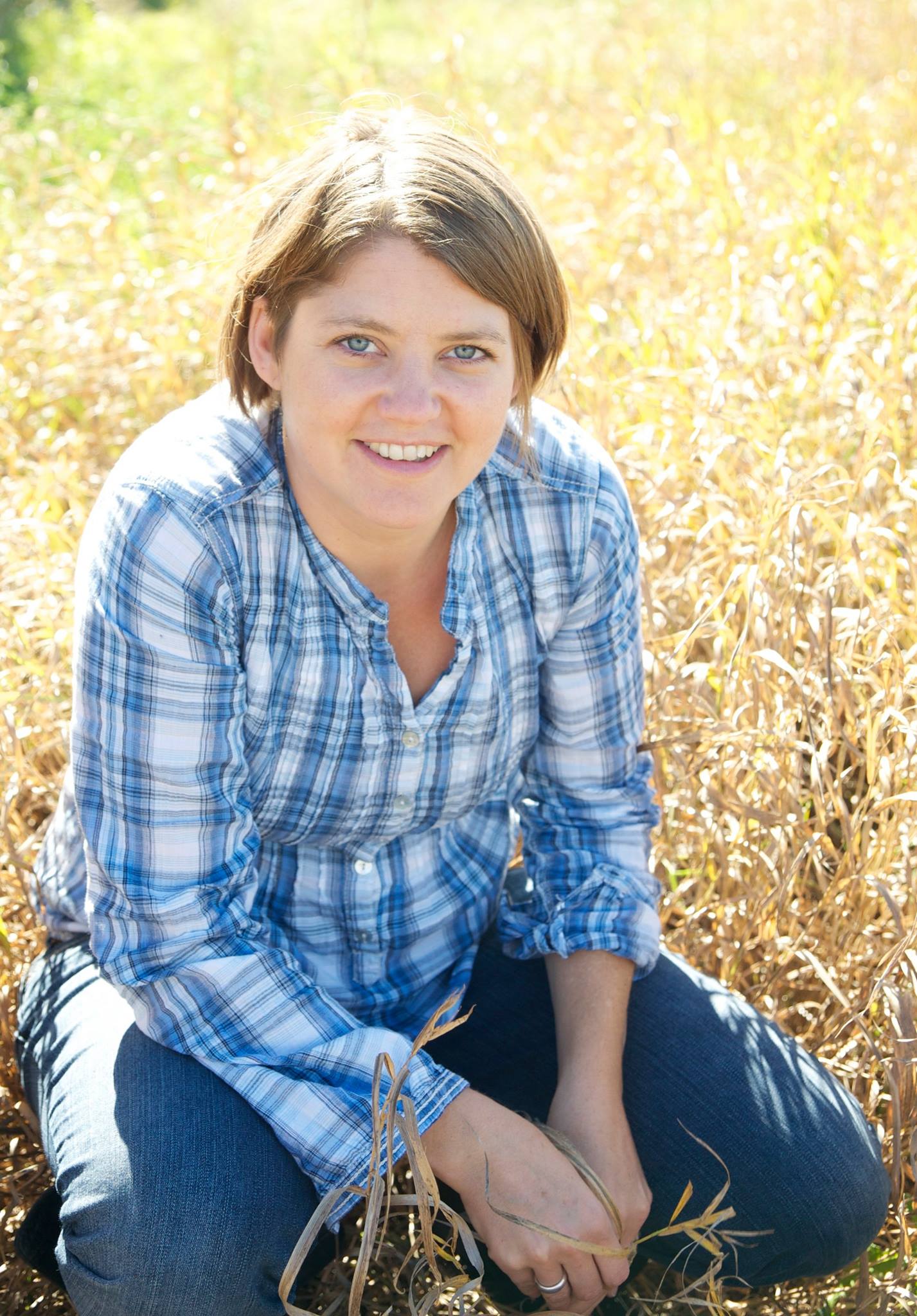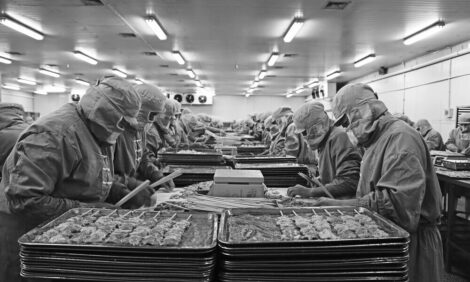



Emissions from Europe's 20 biggest meat and dairy corporations criticised
Emissions exceed those of the Netherlands, DenmarkPointing to corporate giants such as Danish Crown, Nestlé and FrieslandCampina as some of the largest emitters, the report criticises the companies for their lack of commitment to reduce overall emissions. In fact, the report said only three of the 20 biggest emitters have committed to reducing emissions from livestock.
The report came out ahead of communication on the European Commission's "sustainable carbon cycles," set for release sometime this week. According to IATP, a leaked version of the communication sets out a framework for expanding questionable carbon offset schemes for agriculture, and include soil carbon and the use of public funds to bolster unaccountable voluntary carbon markets. The Commission also plans to expand the production of biogas from manure through the Renewable Energy Directive, said the report.
The report outlines the emissions of Europe's 35 biggest meat and dairy companies, and found that the 20 biggest produce almost one-third (131%) more greenhouse gas emissions than the Netherlands, and five times (492%) as much as Denmark. Furthermore, 7 out of 10 companies that were tracked over time saw their cabin footprint actually grow between 2016 and 2018 rather than decline. Emissions of Irish beef producer ABP, for instance, increased by 45%.
"The climate footprint of Europe's big meat and dairy companies rival the fossil fuel giants, yet they continue to operate with impunity," said Shefali Sharma, European director at the Institute for Agricultural Trade Policy. "The handful of companies that have climate plans rely on accounting tricks, greenwash and dubious offsets to distract from the fundamental changes needed to cut emissions, while offloading many of the costs and risks onto farmers in their supply chains."
According to the report, only three companies have committed to reducing livestock emissions. They are Nestlé, FrieslandCampina and ABP. But Nestlé aims to reduce emissions by just 4% by 2030, the report criticised. Another six companies, including Groupe Sodiaal, which makes Entremont cheese and Yoplait yogurt, aim to reduce emissions, not on an overall basis, but a per kilogram or per litre basis.
Ten companies have no emissions targets at all.
"The European Commission will be handing big meat and dairy corporations an early Christmas present if it throws its weight - and taxpayers' money - behind dubious soil carbon offsets and continues to promote biogas from industrial livestock facilities as a sustainable fuel," Sharma criticised. "The Commission should stop financing industrial agriculture and support the transition to sustainable agro-ecological farming practices based on less and better meat."
The report calculates the emissions of the 10 biggest beef, pork, poultry and dairy producers in Europe, a total of 35 companies as several companies are among the top 10 producers of beef and pork.
Pointing to corporate giants such as Danish Crown, Nestlé and FrieslandCampina as some of the largest emitters, the report criticises the companies for their lack of commitment to reduce overall emissions. In fact, the report said only three of the 20 biggest emitters have committed to reducing emissions from livestock.
The report came out ahead of communication on the European Commission's "sustainable carbon cycles," set for release sometime this week. According to IATP, a leaked version of the communication sets out a framework for expanding questionable carbon offset schemes for agriculture, and include soil carbon and the use of public funds to bolster unaccountable voluntary carbon markets. The Commission also plans to expand the production of biogas from manure through the Renewable Energy Directive, said the report.
The report outlines the emissions of Europe's 35 biggest meat and dairy companies, and found that the 20 biggest produce almost one-third (131%) more greenhouse gas emissions than the Netherlands, and five times (492%) as much as Denmark. Furthermore, 7 out of 10 companies that were tracked over time saw their cabin footprint actually grow between 2016 and 2018 rather than decline. Emissions of Irish beef producer ABP, for instance, increased by 45%.
"The climate footprint of Europe's big meat and dairy companies rival the fossil fuel giants, yet they continue to operate with impunity," said Shefali Sharma, European director at the Institute for Agricultural Trade Policy. "The handful of companies that have climate plans rely on accounting tricks, greenwash and dubious offsets to distract from the fundamental changes needed to cut emissions, while offloading many of the costs and risks onto farmers in their supply chains."
According to the report, only three companies have committed to reducing livestock emissions. They are Nestlé, FrieslandCampina and ABP. But Nestlé aims to reduce emissions by just 4% by 2030, the report criticised. Another six companies, including Groupe Sodiaal, which makes Entremont cheese and Yoplait yogurt, aim to reduce emissions, not on an overall basis, but a per kilogram or per litre basis.
Ten companies have no emissions targets at all.
"The European Commission will be handing big meat and dairy corporations an early Christmas present if it throws its weight - and taxpayers' money - behind dubious soil carbon offsets and continues to promote biogas from industrial livestock facilities as a sustainable fuel," Sharma criticised. "The Commission should stop financing industrial agriculture and support the transition to sustainable agro-ecological farming practices based on less and better meat."
The report calculates the emissions of the 10 biggest beef, pork, poultry and dairy producers in Europe, a total of 35 companies as several companies are among the top 10 producers of beef and pork.











